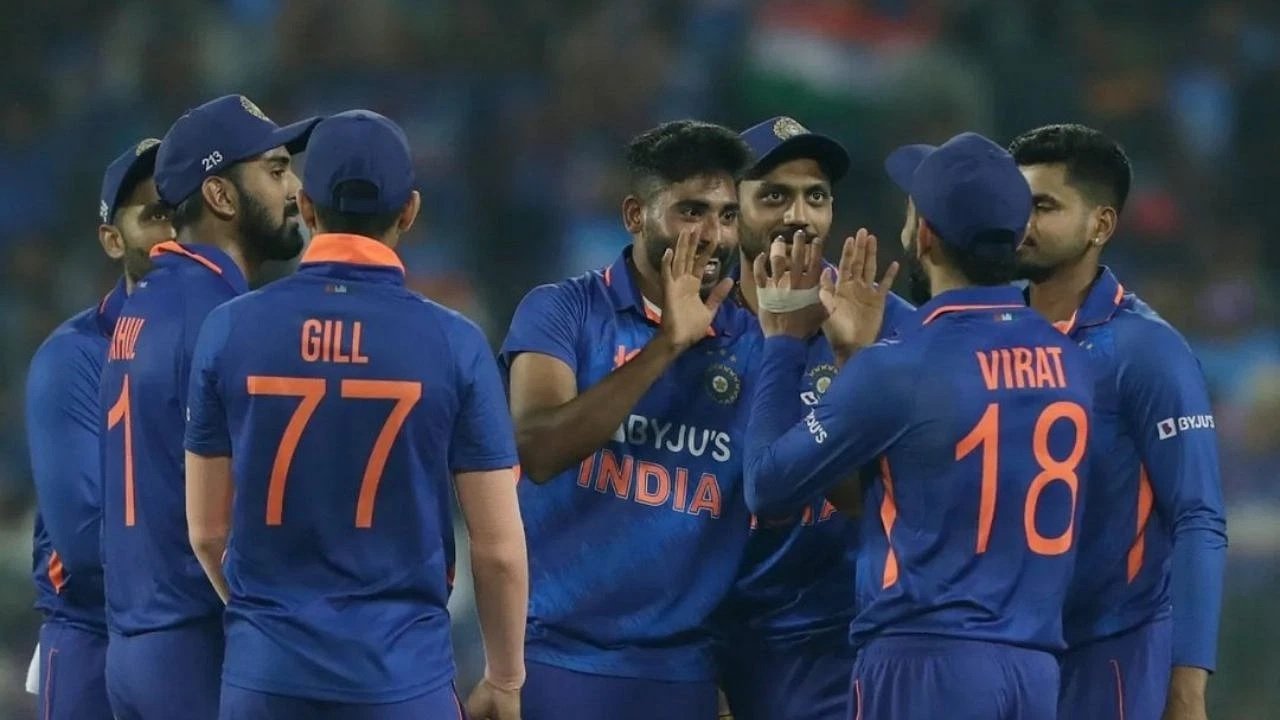Building a successful cricket team requires more than just choosing between the best batsmen or bowlers. Rather, it is an analytical understanding of the game, recognition of each player’s unique strengths, and how to meld diverse skills into one harmonious and integrated unit. The art of building a successful cricket team requires great care, whether one is preparing for a local league or an international tournament, in terms of key roles, technical skills, and psychological toughness.
1. The Role of the Captain
The captain is the cornerstone of any successful cricket team. A great captain is obviously a very skilled player who inspires and motivates the players through his leadership. Captains have to make fast decisions at the right moment on the field setting, bowling change, or batting and bowling first. A winning captain needs to understand not just his own strengths and weakness, but the opposition too.
There are those who can communicate with and maintain a rapport with all players in order to keep them on the same wavelength. Caltin must be aware of everything concerning the game and flexible to respond to any alterations that may occur within the match.
2. Batsmen

Success for a cricket team many times starts and ends with the batting lineup. A team requires a blend of technically sound anchors and explosive power hitters. The middle-order batsmen, however, should be all-rounders. They should be able to reconstruct the innings should early wickets fall or pace up the scoring rate when needed. Power hitters come into play, more so in limited-overs cricket, where a single big hit or a quick run may often turn around the momentum of the game. In any successful batting line-up, there needs to be a judicious blend of patience and aggression.
3. Bowlers
Bowling is another vital ingredient of a successful cricket team. Successful teams possess both pace and spin bowlers to let them adapt to the different pitches and situations occurring during a match.
With T20s gaining further momentum in the cricketing world, the need for a balanced bowling attack is important. Teams that balance their pace and spin, much like the topmost international sides, have a greater chance of winning consistently. Steady play is not only the way to progress, win, and gain respect from the fans, but it also attracts the attention of bookmakers such as 1xbet in india. I don’t think it’s worth mentioning that fan and sponsor support is extremely important to any team.
4. All-Rounders
All-rounders are the unsung heroes of many winning cricket teams. They bat and bowl to offer just that much-needed balance for the squad. A good all-rounder is invaluable because they can score quick runs at crucial moments or bowl a few overs when their team needs a breakthrough. The key is identifying all-rounders who can fit into what the team needs to either stabilize an innings or bowl economically.
5. Fielding
Fielding has now altered the course of games in modern cricket. A team that is good in the field saves vital runs, builds pressure on the opposition, and takes those breathtaking catches that often win matches. Fielding requires agility, alertness, and teamwork. Teams like Australia and South Africa have historically set high standards in this discipline, often proving time and again that keen fielding makes the difference between the two sides in closely fought-out matches.
6. Mental Toughness
It is as much a psychological game as it is physical. Quite often, successful teams are formed from those players who can maintain their nerves of steel in situations where things are not going right for their team. It is one of the primary requirements, especially when the game is at a high level, such as the finals of a World Cup or even T20 tournaments.
This mental strength is developed through team bonding, regular communication, and trust in each other’s capabilities. The high-octane cricketing events that are available at 1xbet india expose players to a range of pressure situations, enabling them to fine-tune their mental strength and adaptability.
Conclusion
Success in cricket is never the result of individual brilliance; it is due to the effort of the team as a whole for a common objective that brings in continuous victories. Emphasizing these key roles and skills can set any cricket team on the pathway to success.




